
Urgent warning issued to travelers as China takes ‘covid measures’ after reporting 7,000 cases of Chikungunya virus
Urgent Travel Warning for China as Chikungunya Virus Outbreak Intensifies

Vaccines do exist for the chikungunya virus (Getty Stock Photo)
Travelers planning to visit China have been urged to take extra precautions after health officials confirmed that more than 7,000 cases of the Chikungunya virus have been reported. Authorities are moving quickly to contain the outbreak, which has triggered heightened concern both inside the country and internationally.
The Chikungunya virus is transmitted through the bite of an infected mosquito, primarily the Aedes aegypti and Aedes albopictus species. Outbreaks have previously been recorded in Africa, the Americas, Asia, Europe, and on islands in the Indian and Pacific Oceans, making it a significant global health challenge.
China’s Response to the Outbreak
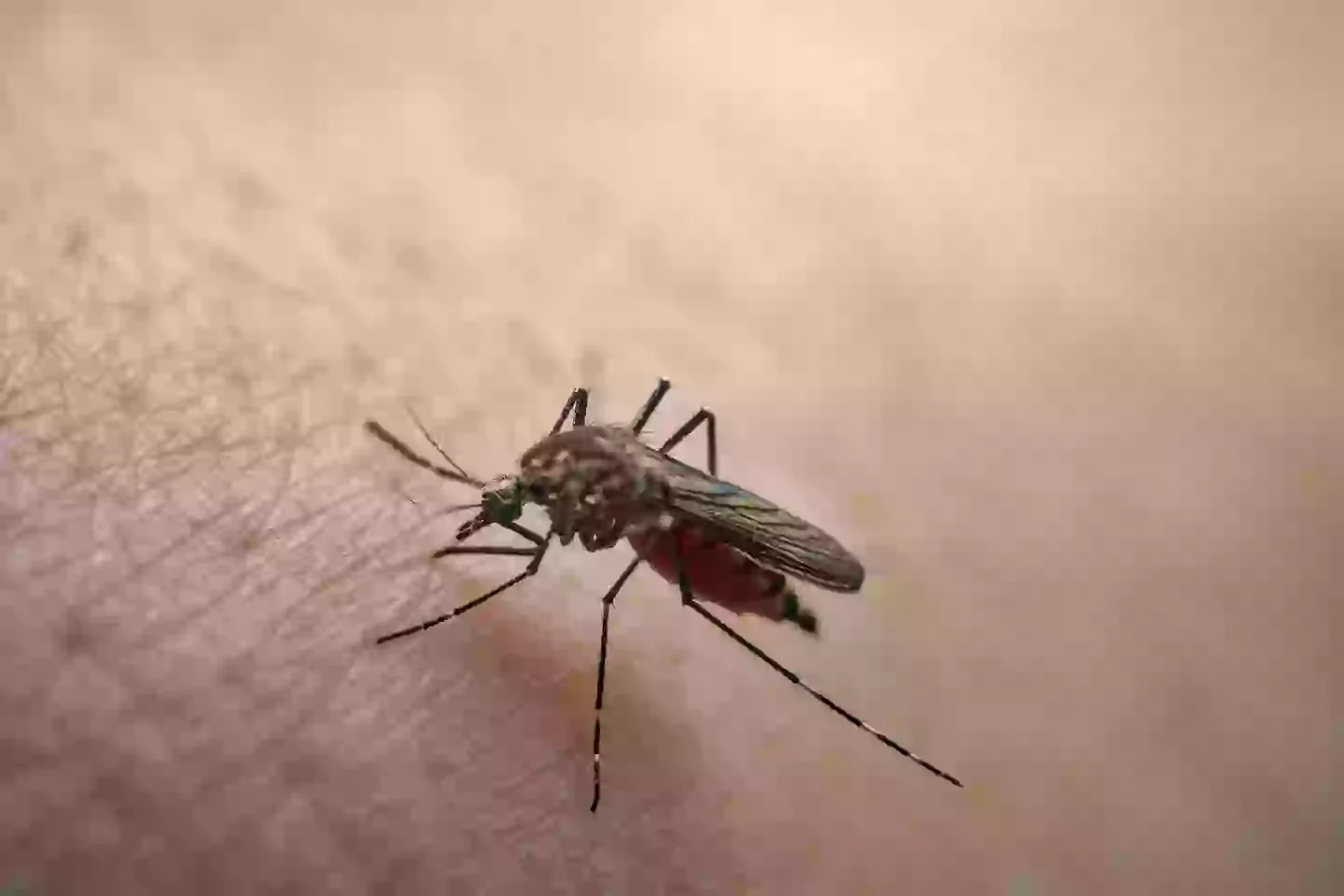
Chikungunya is transmitted from mosquitoes (Getty Stock Photo)
In its efforts to curb the spread, China is following guidance from the World Health Organization (WHO). The WHO stresses that the most effective way to reduce transmission is by eliminating mosquito breeding sites, which often include stagnant water sources.
Residents in affected areas have been told to carefully check their surroundings for potential breeding grounds. Everyday household items—such as flowerpots, bottles, coffee machines, and even discarded containers—can accumulate water and become mosquito hotspots. Authorities have launched widespread public awareness campaigns to ensure citizens are vigilant about these risks.
CDC Issues Travel Warning
The U.S. Centers for Disease Control and Prevention (CDC) has now issued a Level Two Travel Warning for Guangdong Province, urging visitors to “practice enhanced precautions.”
At the heart of the outbreak is Foshan City, which has become the epicenter of reported infections. According to the New York Post, local officials have even introduced “COVID-era measures”, highlighting the seriousness of the situation.
A Level Two alert does not ban travel but signals that conditions require heightened awareness and protective measures. The CDC advises travelers to:
-
Use EPA-approved insect repellent consistently.
-
Wear long-sleeved shirts and long pants to minimize exposed skin.
-
Stay in air-conditioned rooms or buildings with proper window and door screens.
The CDC also reminds travelers that two vaccines against Chikungunya have been approved for use in the United States. While vaccination is recommended for those visiting outbreak areas, it should be combined with strict bite-prevention practices.
Symptoms of Chikungunya Virus
According to the CDC, most infected individuals will develop symptoms within three to seven days after being bitten by an infected mosquito. The severity can vary, with certain groups being more vulnerable to complications.
Common symptoms include:
-
Sudden fever
-
Severe joint pain (sometimes debilitating)
-
Headaches
-
Muscle pain
-
Joint swelling
-
Skin rashes
High-risk groups include newborn babies, older adults over 65, and people with chronic health conditions such as diabetes, hypertension, or heart disease. These groups are more likely to experience severe or prolonged symptoms.
The CDC is also cautioning pregnant women against traveling to affected regions. While transmission from mother to child is rare, it can occur during birth and may cause serious health risks for newborns.
Protecting Yourself and Your Family
To reduce the likelihood of infection, experts stress that avoiding mosquito exposure is critical. Preventive steps include:
-
Eliminating standing water in and around homes, where mosquitoes breed.
-
Using mosquito nets in areas without screened windows or reliable air conditioning.
-
Avoiding outdoor activities during peak mosquito activity hours, typically early morning and late afternoon.
Health officials emphasize that while Chikungunya is rarely fatal, its symptoms—particularly joint pain—can last for weeks or even months, significantly affecting quality of life.
Final Reminder
The outbreak in Guangdong, particularly in Foshan, underscores the need for vigilance among international travelers. Those heading to China should stay informed through CDC updates, follow recommended protective measures, and seek medical care immediately if symptoms appear after a mosquito bite.
By taking simple yet consistent steps, travelers can greatly reduce their risk of infection while helping authorities curb the spread of this rapidly emerging virus.
News in the same category


Dubai Princess Who Divorced Husband on Instagram Now Engaged to Rapper French Montana
In a twist that has stunned royal watchers and the entertainment world alike, Dubai’s Princess Sheikha Mahra—who publicly divorced her husband via Instagram—has reportedly become engaged to Moroccan-American rapper French Montana. The news comes jus

Military sleep method is 96% successful and will send you to sleep in two minutes
Struggling to sleep? A viral “military sleep method” promises to send you into slumber in just two minutes. With a 96% success rate, it’s being hailed as a game-changer for insomniacs and restless minds alike.
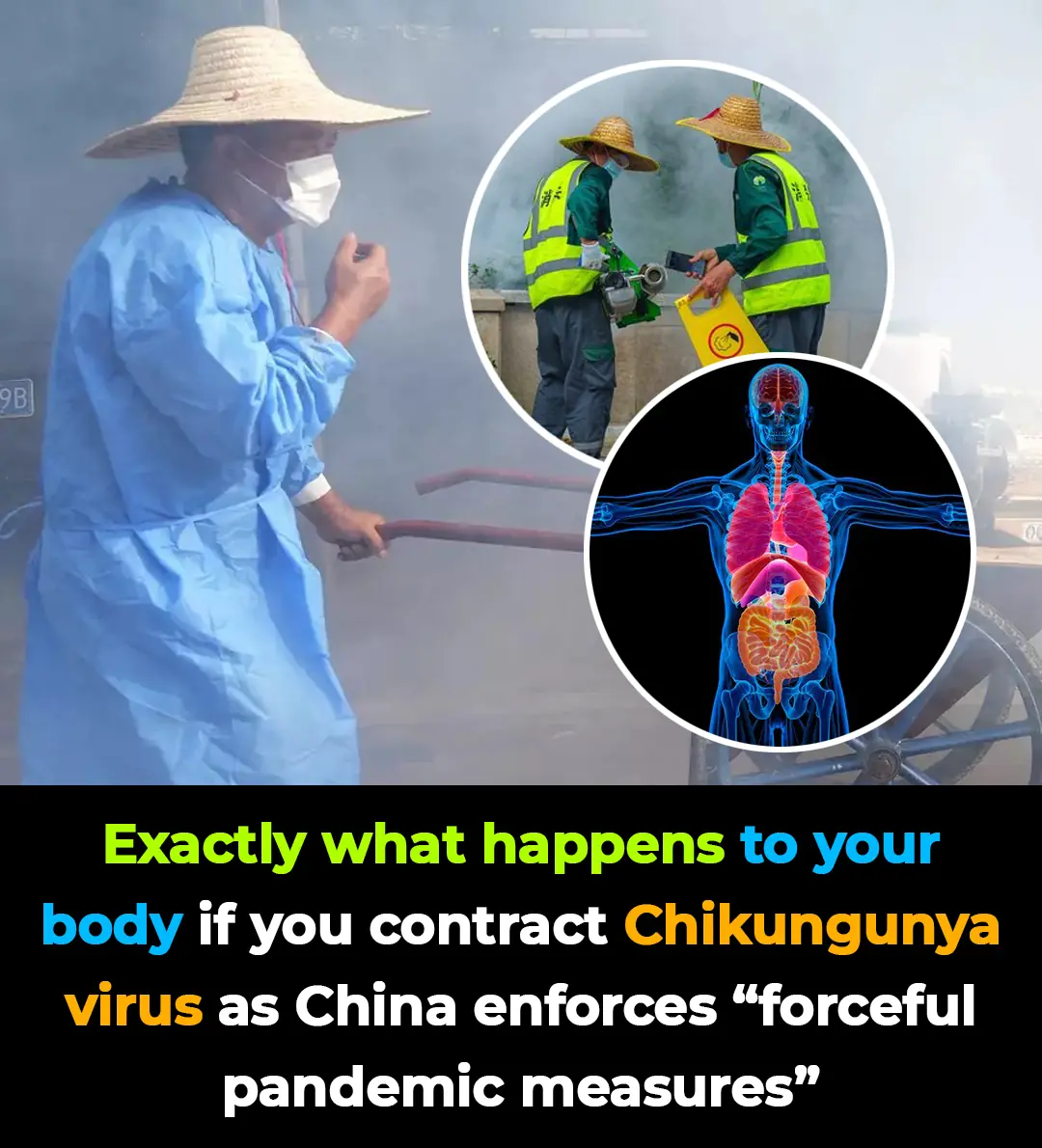
Exactly what happens to your body if you contract chikungunya virus as China enforces 'forceful pandemic measures
Just as the world is still grappling with the lingering effects of COVID-19, a new viral threat has emerged. China is now battling a fast-growing chikungunya outbreak, enforcing strict pandemic-style measures to contain the mosquito-borne disease.
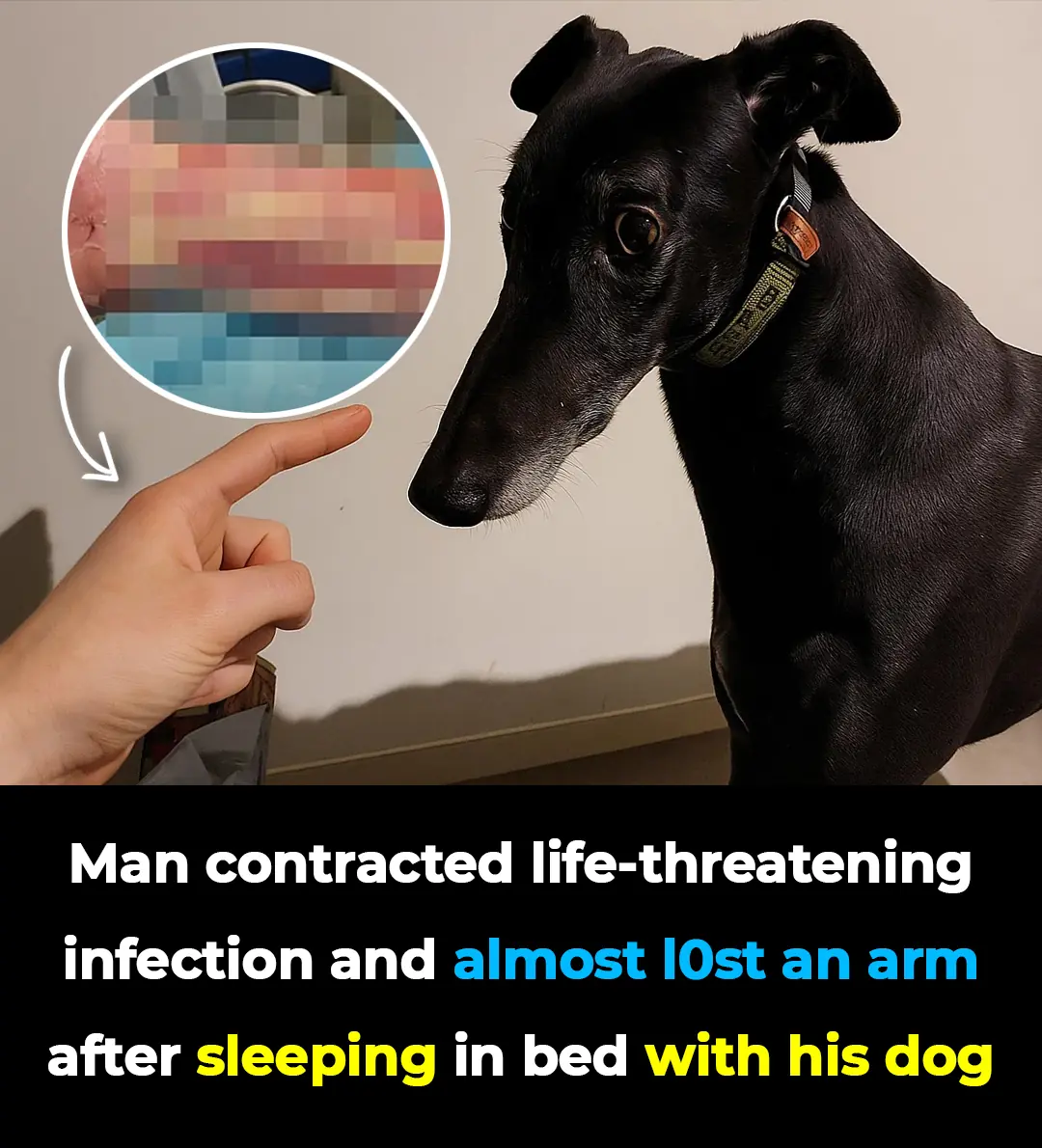
Man contracted life-threatening infection and almost lost an arm after sleeping in bed with his dog
What started as a harmless night sharing a bed with his pet turned into a nightmare. An Australian man contracted a rare, life-threatening bacterial infection after his dog accidentally bit him in his sleep, leaving him close to death and with lasting hea

Google issues warning to billions of Gmail users amid dangerous new scam
Billions of Gmail users are being warned of a dangerous new wave of cyberattacks. Google has confirmed that a notorious hacker group is actively exploiting a massive data breach to infiltrate accounts and extort victims.

Billionaire shares plan for $20 million sub voyage to Titanic site to prove industry is safer after OceanGate disaster
One year after the Titan sub disaster claimed five lives, a billionaire is betting $20 million on a daring new voyage to the Titanic wreck. His mission: prove to the world that deep-sea exploration can be safe.

Masterful Painting Of Jesus By 8-Year-Old—Says She Saw The True Face Of Jesus
At just eight years old, Akiane Kramarik stunned the world by painting what she believed was the true face of Jesus. After being lost, hidden, and nearly forgotten for 16 years, her masterpiece “Prince of Peace” has finally returned to the light—alo
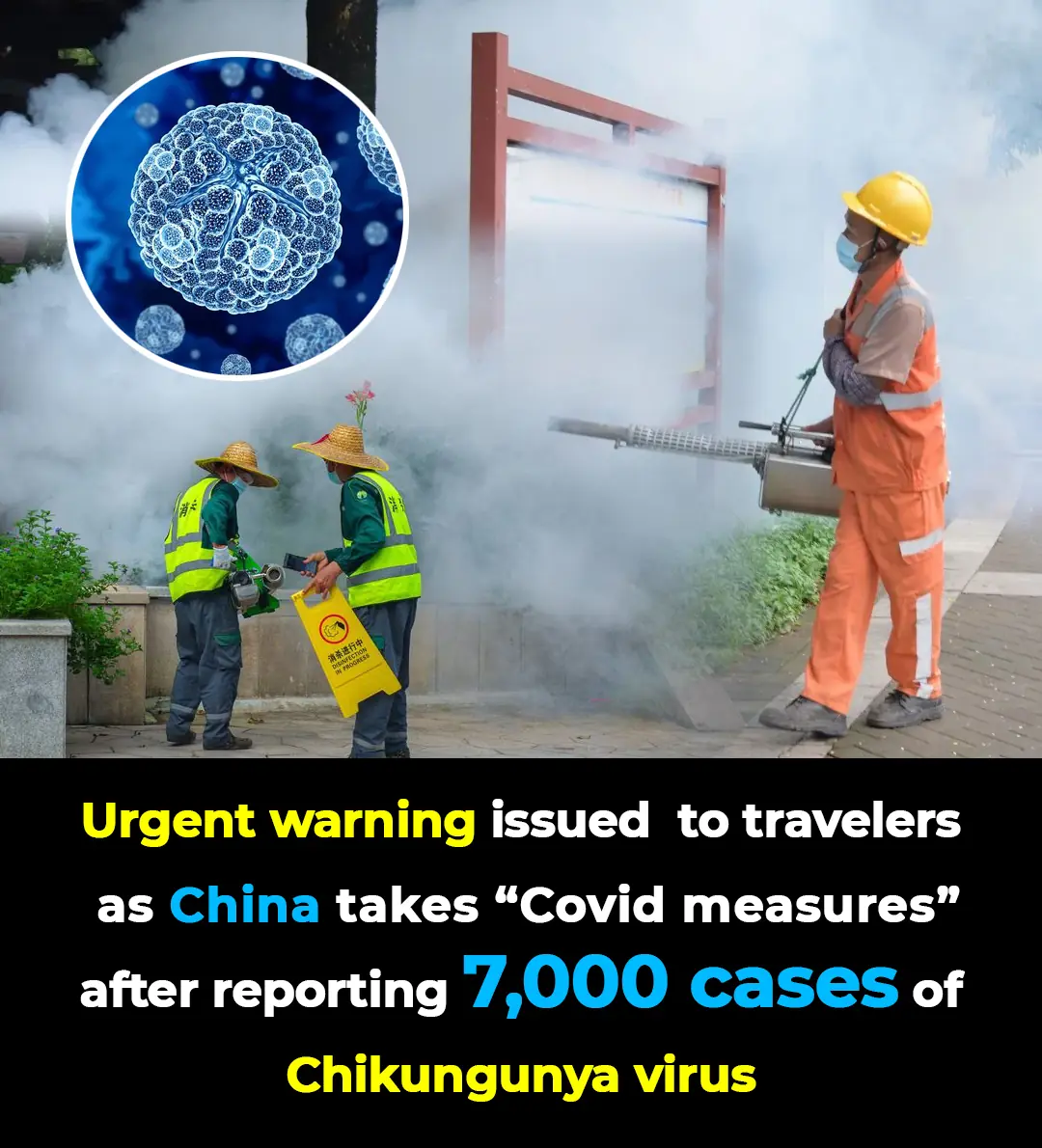
Urgent warning issued to travelers as China takes ‘covid measures’ after reporting 7,000 cases of Chikungunya virus
Following guidance from the World Health Organization, China is focusing on mosquito control as the most effective method to prevent further spread.

US man accidentally buys entire street for $5,000 after thinking he was purchasing vacant lot
An Ohio man thought he had struck a bargain at a county auction. But his dream investment quickly spiraled into a nightmare when he discovered he now owned an entire street by mistake.

Prophet Who Predicted Covid-19 And Queen’s Death Foresees Chilling Future
A man dubbed the “Living Nostradamus” claims humanity is on the brink of catastrophic upheaval, from cyber warfare and collapsing financial systems to climate chaos. His chilling visions, which he says predicted Covid-19, the Queen’s passing, and ev

Elon Musk warns country with population of 124,000,000 will lose nearly a million people this year
Elon Musk has sounded yet another alarm on the global demographic crisis, warning that one of the world’s largest nations is on track to lose almost a million people in a single year. The billionaire insists the consequences of shrinking populations cou

Southwest Airlines causes outrage at new plus-size policy that will 'literally stop people from flying'
Southwest Airlines, once praised for being customer-friendly, is now facing intense backlash after rolling out a controversial new policy for plus-size travelers. Critics say the rules could price many people out of flying altogether.

Scientists discover two miracles by Jesus 'actually happened' in breakthrough revelation
For centuries, skeptics dismissed the miracles of Jesus as symbolic or exaggerated stories. Now, a groundbreaking scientific study suggests that at least two of his most famous acts may have been rooted in real natural phenomena.

OnlyFans model shows insane yearly earnings as she reveals she made more than LeBron James
At just 20 years old, Sophie Rain says she has earned a jaw-dropping fortune that rivals NBA legend LeBron James. Now, she’s opening up about her wealth, fears, and the surprising way she’s kept her content “PG.”

Machine Gun Kelly Shocks Fans With Claim He Might Be Part Alien After Mom’s “Abduction” Confession
The rapper-turned-rockstar left viewers stunned after suggesting he may not be entirely human. According to MGK, his quick-healing body, missing life details, and his mother’s shocking “alien ab:duction” story have him questioning his true origins.

Travis Kelce’s Dad Spills Exact Details of His Proposal to Taylor Swift—and Fans Can’t Handle It
Taylor Swift and Travis Kelce just broke the internet with their engagement news. Now, Travis’s dad is adding fuel to the frenzy by revealing when and how the Kansas City Chiefs star actually popped the question—and Swifties are in total meltdown.

Woman who died for 24 minutes before being brought back to life details exactly how it felt
For nearly half an hour, her heart stopped beating. Against all odds, doctors brought her back—and now she’s sharing the chilling yet strangely comforting details of what she experienced on the other side.
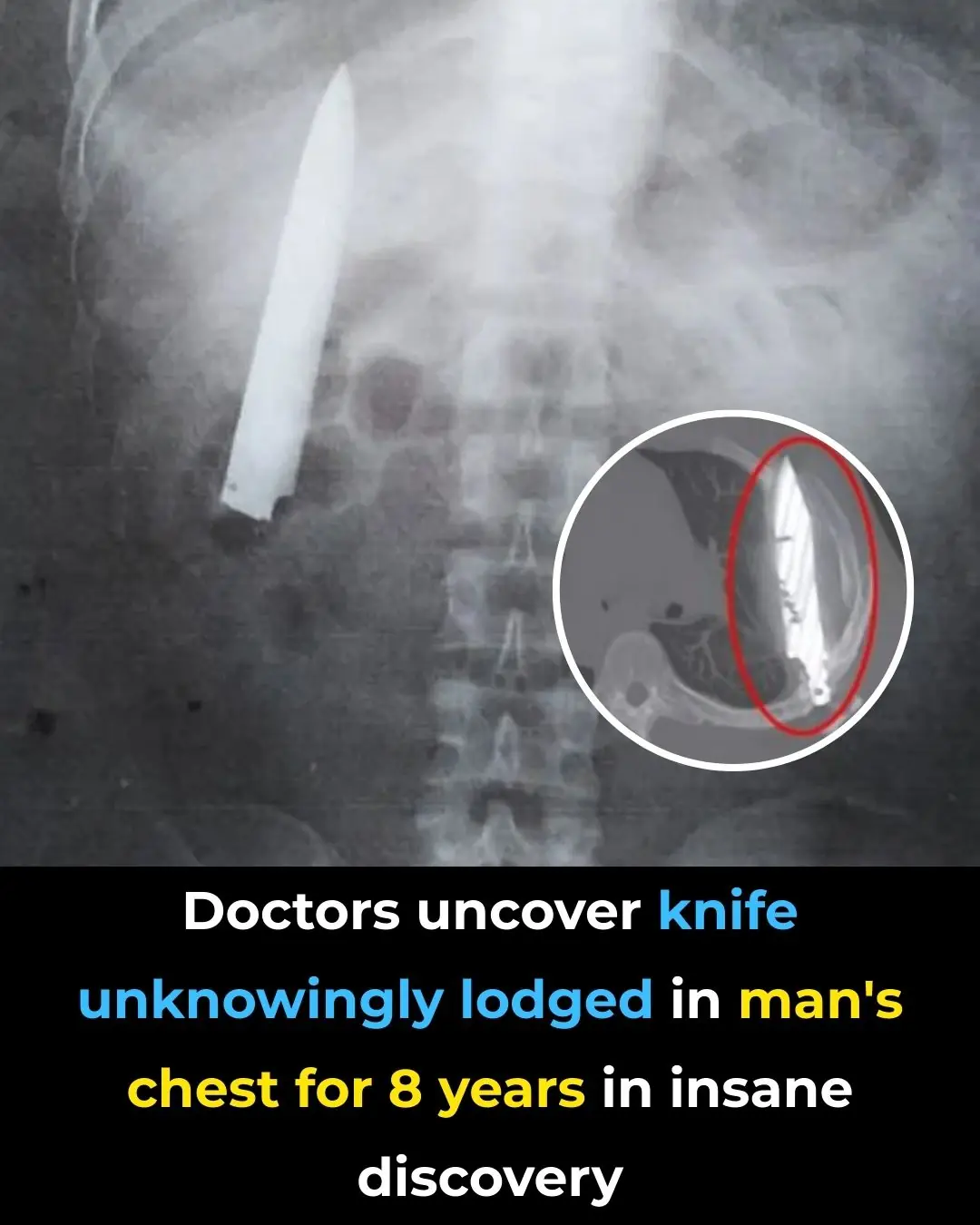
Doctors uncover knife unknowingly lodged in man's chest for 8 years in insane discovery
News Post

Why Your Legs Cramp at Night (And How to Fix It)

How to Use Rice Water for Gorgeous Hair and Skin (Detailed Instructions)

Beware: U.S. Salmon May Be Crawling with Japanese Tapeworm, Say Scientists
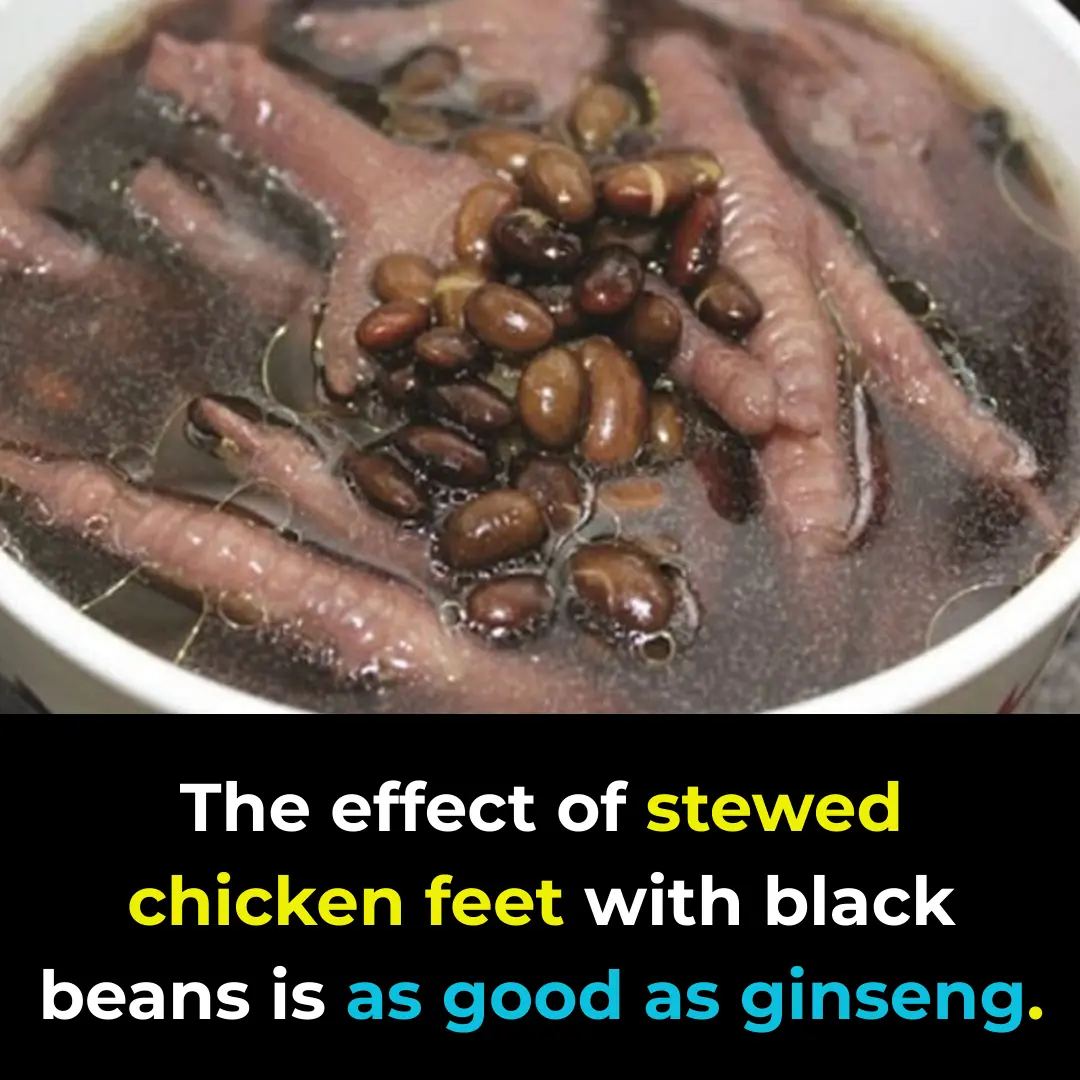
The Benefits of Chicken Feet Stewed with Black Beans – As Powerful as Ginseng

There are many cuts of beef, but only these 3 are considered the true “essence” – both chefs and butchers wholeheartedly agree!
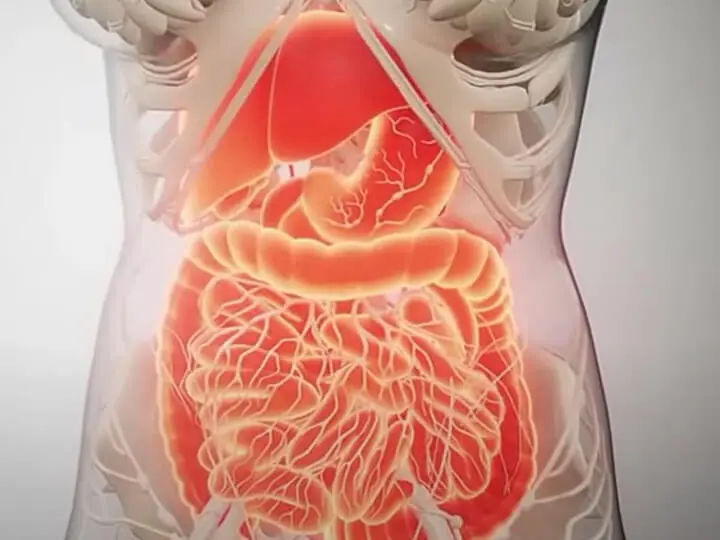
Colon Cleansing: How to Naturally Flush Your Colon at Home (Science-Based)

Put this into a lemon and place it in the corner of your house – mosquitoes will stay away for good
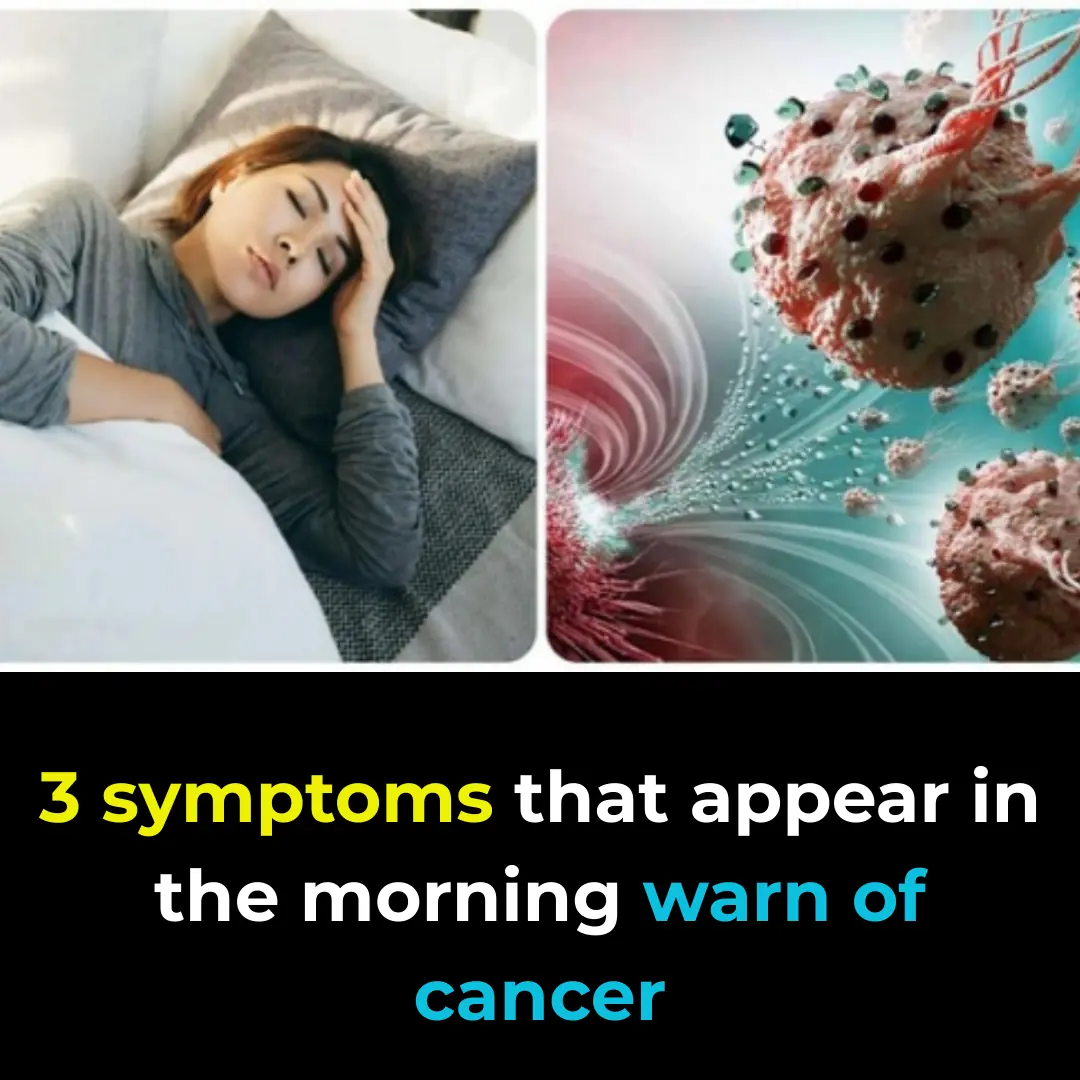
3 Morning Symptoms That May Signal the Onset of Canc3r
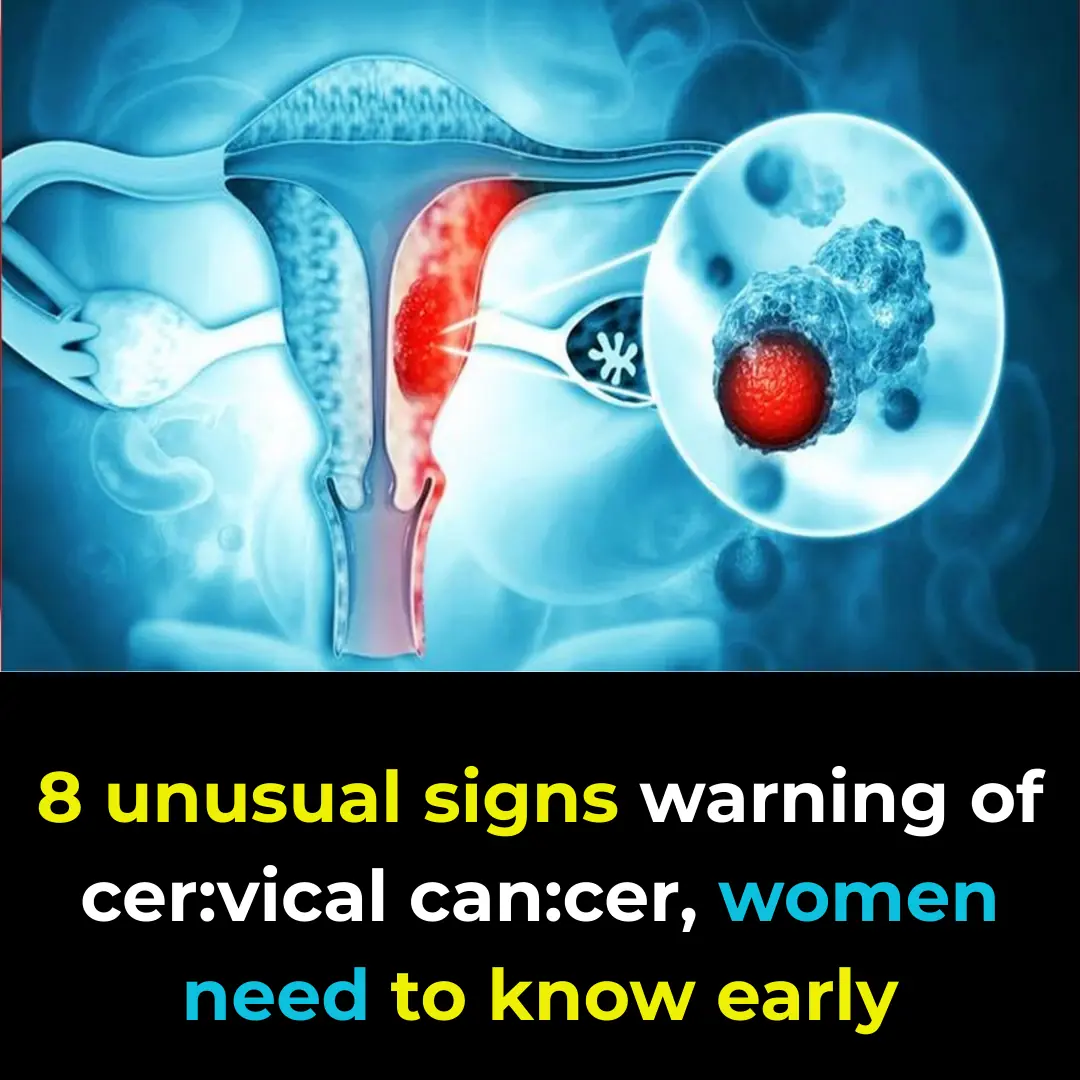
"8 abnormal signs warning of c3rvical canc3r that women need to recognize early"

If you don’t correct these 5 harmful eating and drinking habits right away, sooner or later your esophagus will also be “ravaged” by cancer cells.

Is Your Air Conditioner Outdoor Unit Making Loud Grinding Noises? Use This Simple Trick to Make It Run Quietly Without Calling a Technician!

3 Effective Ways to Prevent Snakes from Entering Your Home Everyone Should Know to Protect Their Family

Signs to look out for amid Gordon Ramsay's health warning after undergoing cancer surgery

How to Handle Common Refrigerator Problems and a Surprising Lesson from American Toilet Habits
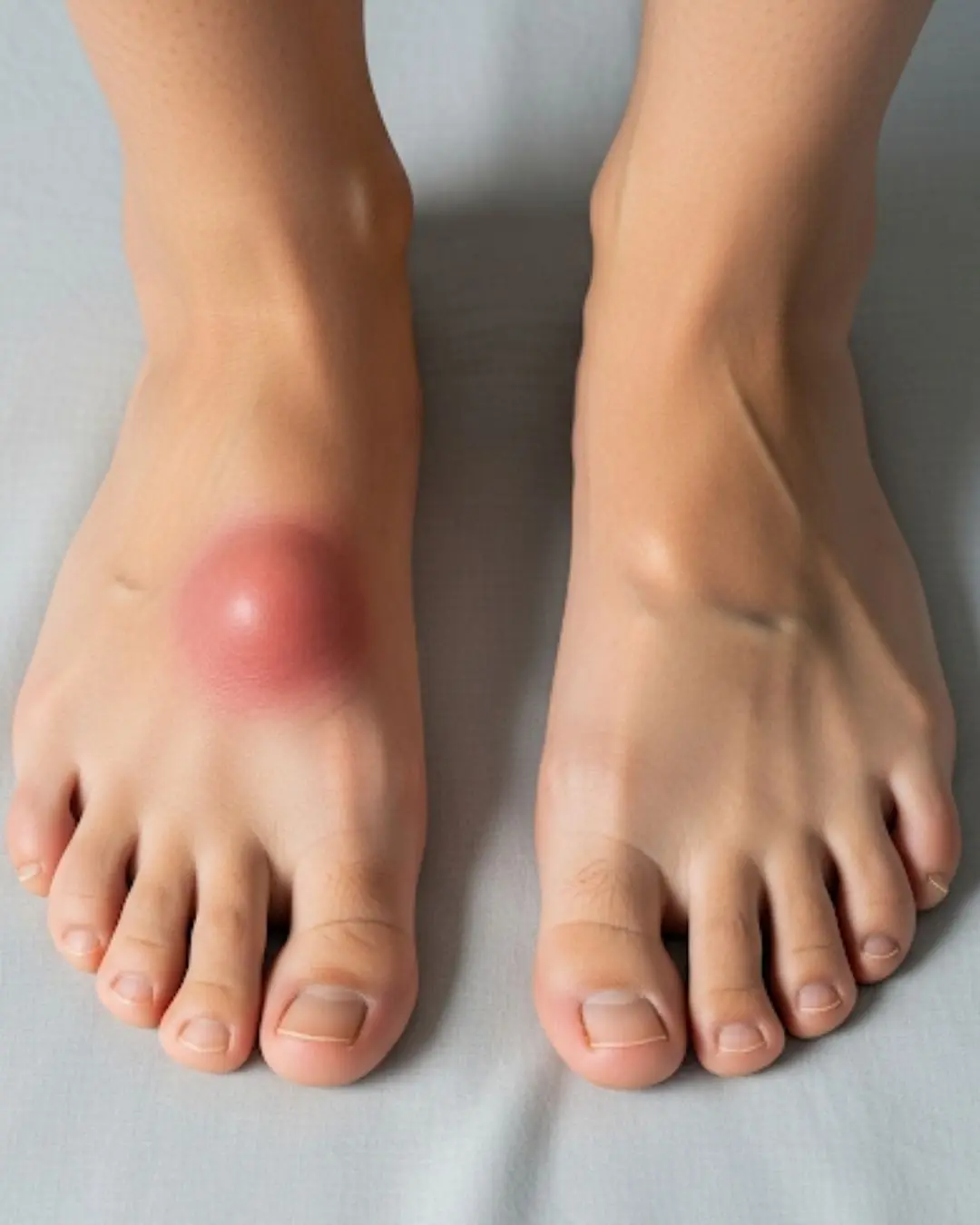
If Your Feet Swell It Is a Clear Sign

Why Doors in Public Bathrooms Don’t Reach the Floor

Nose Picking What This Taboo Habit Really Reveals About Us
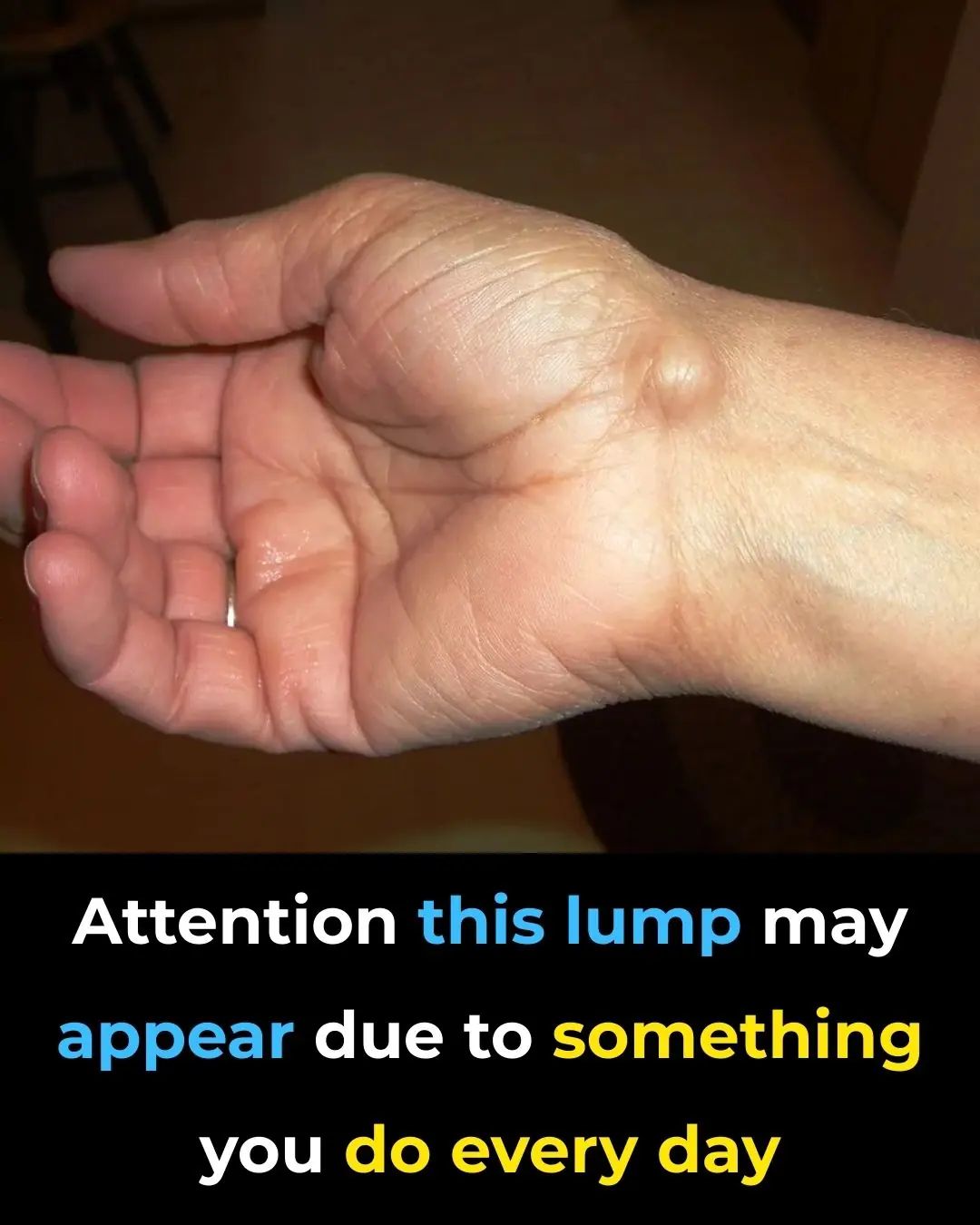
Everyday Habits That Can Cause a This Issue To Your Hands
